Raclette grill for on the go
Raclette has been a Swiss favourite since the Middle Ages when it was written about in Swiss monasteries, then referred to as Bratchäs (fried cheese). Today, the dish, which is said to have originated in the Alps, has become a national favourite and has been hailed as one of the most popular New Year’s Eve dishes for years.
But before the invention of the electric raclette oven – a staple in Swiss households since the 1950s – cheese was melted in front of the carmine usually for larger groups of up to 40 people. However, the Swiss have since taken their inventions one step further with the ‘raclette oven for on the go’.
You can now enjoy a hearty raclette while on a hike, out skiing or cycling around Switzerland. The small oven fits in any backpack, whips up a meal in 2 to 5 minutes and – the best part – works without electricity. Simply let your raclette cheese melt over the candles (any tealights candles will do the job), spread the melted cheese on a slice of bread and enjoy.
READ ALSO: Raclette – the Swiss winter dish you have to try
Free postcard with Swiss Post
One of the fun parts of travelling around the country or abroad is sharing your trip with friends and family back home. Many travellers choose to send postcards, an easy and effective way to stay in touch while spending an hour or two relaxing in a local café watching the world go by.
But sending postcards can prove more hassle than it’s worth, from struggling to find a nice postcard to buying the right stamps and then locating the local post box only for the card to arrive after you’re long back from vacation.
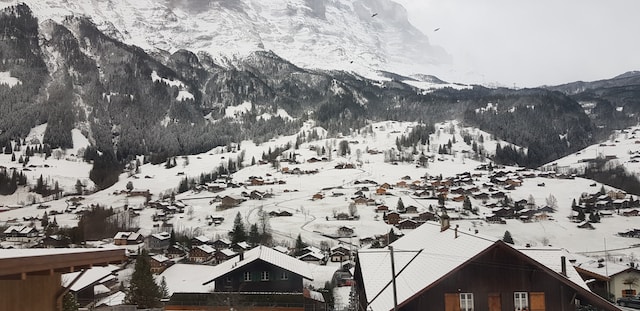
In Switzerland, however, a great way to send postcards – that arrive quickly – even when you don’t have a pen at hand is to download the Swiss Post app. The PostCard Creator not only lets you design your own postcard – let’s face it, choosing a picture you snapped of your trip is far more personable – but you can also type the text from the comfort of your hotel room.
The app lets you send a free postcard both domestically and internationally every 24 hours.
No junk mail stickers
Living in Switzerland many residents will struggle with an influx of junk mail as soon as they walk through their front door, but there are a number of things you can do to prevent this.
While it is generally recommended to only give out your personal information if absolutely necessary, you can also contact the sender directly and ask them to not send mail to your address in the future.
However, in Switzerland there is an even easier way of stopping unwanted mail from making it inside your mailbox: a simple sticker. That’s right. Simply purchase a “No Advertising” or “No Free Newspapers” online and stick it to your mailbox.
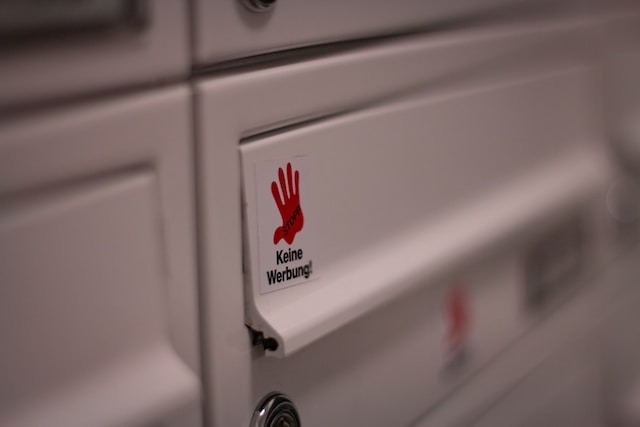
In doing so, you make use of your right to refuse acceptance of junk mail and openly state that you do not want any unaddressed advertising. This small act of rebellion usually does the trick.
Helia travel mug
It is no secret that Switzerland and fountains go hand in hand. In fact, Zurich has the world’s highest number of fountains worldwide with a whopping 1,200 spread across the city. The general consensus is that Swiss fountain water – much like tap water – is (almost) always safe to drink.
If you’re looking to make use of Switzerland’s high-quality water and save some money while at it, a great investment is the Swiss company SIGG’s Helia travel mug. The handy mug is BPA-free, made from food-safe materials and comes in two sizes complete with a straw to keep your teeth healthy.
The mug’s copper-coated double wall construction ensures your ice-cold drink stays cool for 17 hours while hot beverages will stay warm for 3 hours, perfect for a day’s hike or long commute to work.
READ ALSO: What you need to know about the drinking water in Switzerland
But that’s not all. By snagging yourself a SIGG aluminium bottle – which are made from 100% recycled material – you will also be contributing to saving the environment. The company even cleans its bottles with collected and recycled water and makes sure to recycle whatever waste its production creates.
Swiss Army (Pocket) Knife
It would be a crime against (Swiss) humanity to not include this classic. The Swiss Army Knife was first sold in 1897 when it was officially reserved for the military. Today, however, the knife is valued as a multifunctional pocket tool and owned by many Swiss households.
Still, this hasn’t stopped the Swiss from improving on their proven formula and inventing an even more practical small pocket knife. The shrunk version still bags an impressive number of tools, such as a blade, letter opener and orange peeler, but is even easier to take with you wherever you go as it can be directly secured onto a keychain, backpack or even necklace.

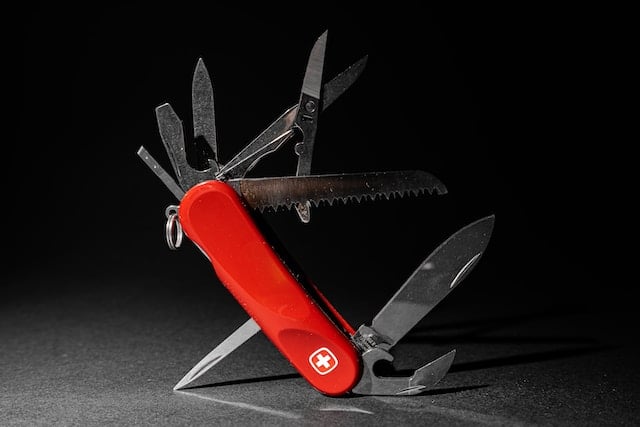
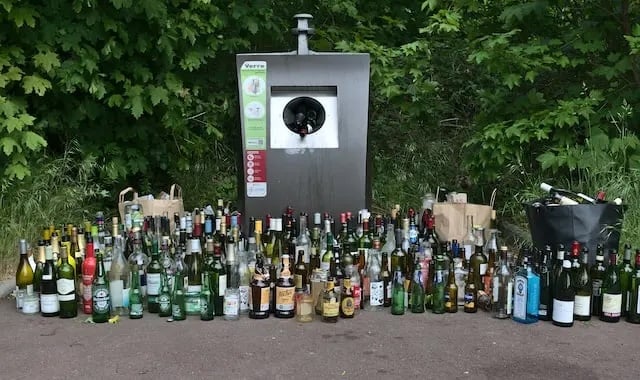
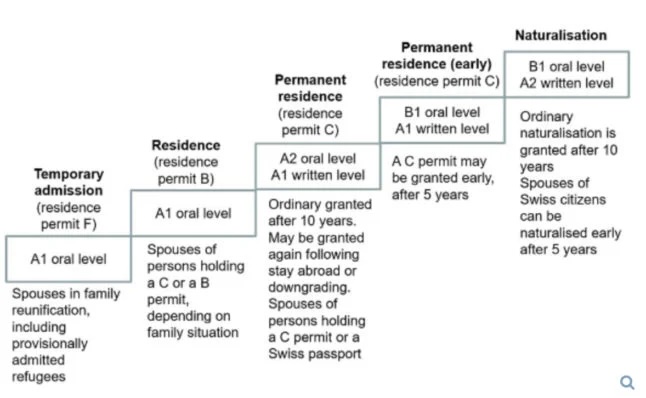
 Please whitelist us to continue reading.
Please whitelist us to continue reading.
Member comments